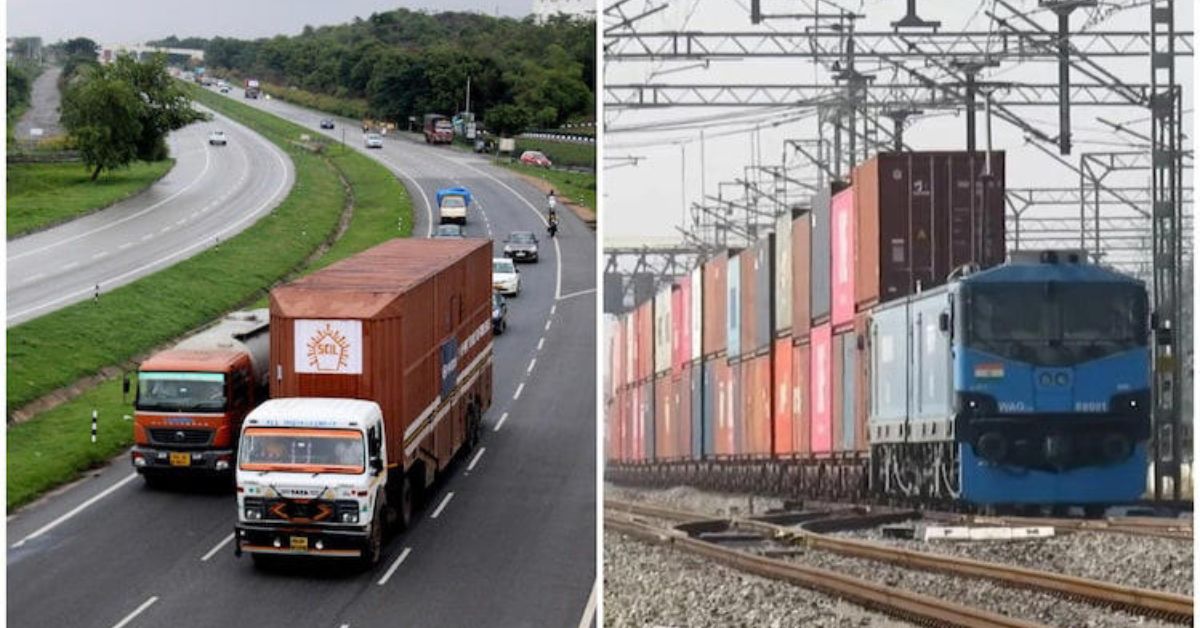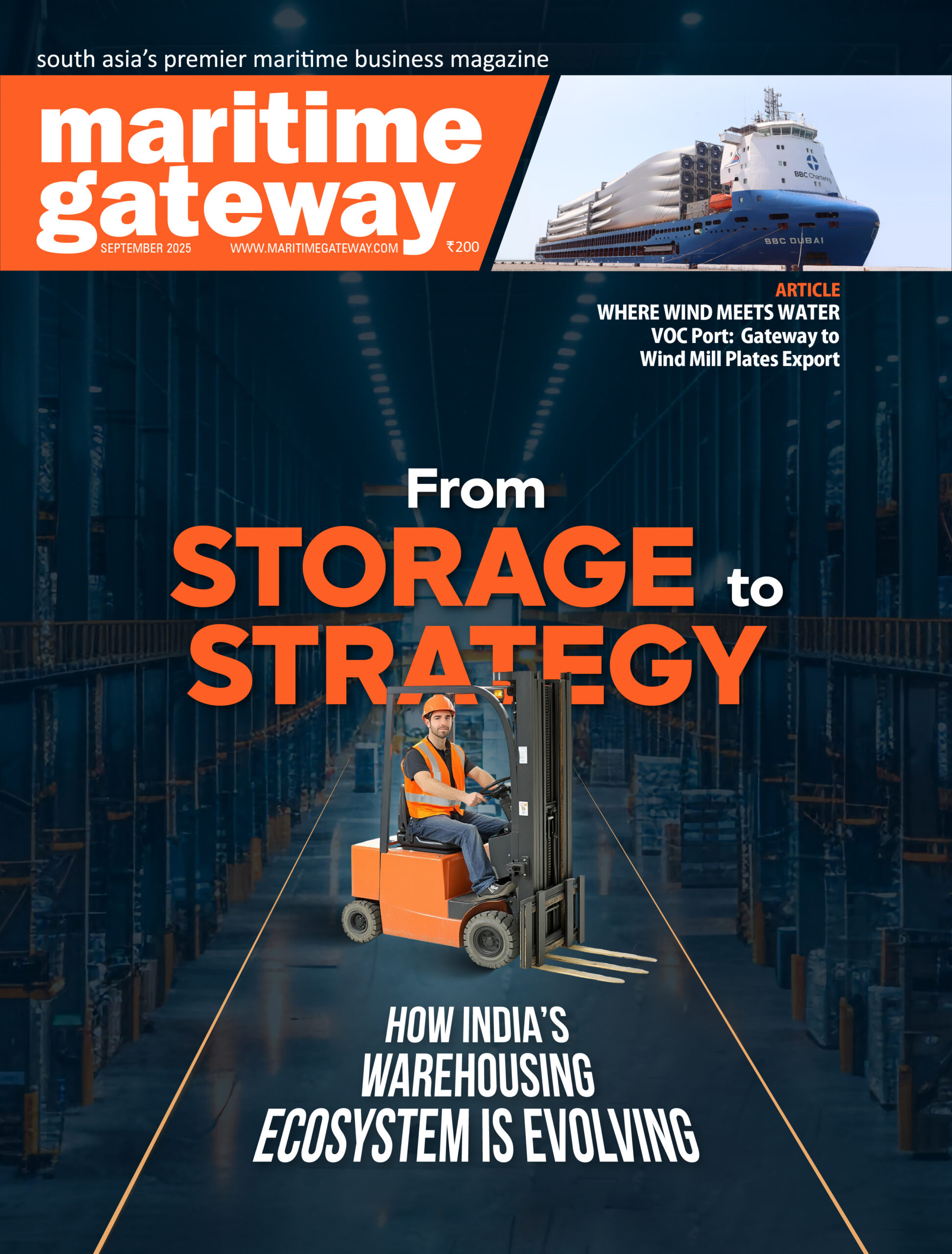Road transport, particularly through heavy-duty trailers, has emerged as the most economical mode for moving bulk cargo in India, according to a study by the Department for Promotion of Industry and Internal Trade (DPIIT). The assessment found that trailers with axle loads above 55 tonnes operate at an average cost of ₹1.51 per tonne-km (PTPK)—the lowest among freight modes—benefiting from economies of scale and the advantage of seamless first- and last-mile connectivity.
By comparison, rail transport was found to cost ₹1.96 per tonne-km, though this estimate excludes first- and last-mile expenses. Once those are added, the advantage of road logistics for shorter hauls becomes more evident.
The study, Assessment of Logistics Cost in India, notes:
- Short-haul movements: Pure road transport is more economical due to high terminal handling and trans-shipment costs in multimodal setups.
- Longer hauls: Rail’s cost efficiency improves with distance and outweighs additional handling costs, particularly beyond 600 km, where multimodal transport (rail plus road) becomes cheaper.
- Break-even analysis: With 50 km each of first- and last-mile road movement, multimodal transport is cost-effective beyond 600 km. If first- and last-mile distances extend to 100 km each, the break-even shifts to about 1,000 km.
Despite rail’s long-haul advantage, road continues to dominate on many routes, even over extended distances. The study attributes this to the road’s door-to-door convenience, fewer documentation requirements, and suitability for specific cargo types.
India’s overall logistics cost was pegged at 7.97% of GDP for 2023–24. The report also highlights that while logistics costs continue to grow, the pace has slowed relative to the growth of non-services output over the past five years.









